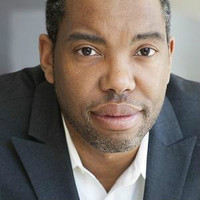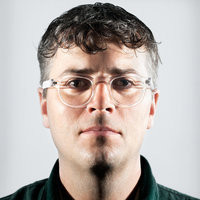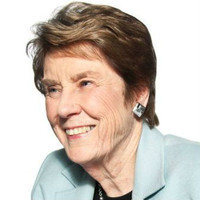Barney’s Great Adventure
Frank rarely smiles, even when he’s being funny. “There are three lies politicians tell,” he told the real-estate group. “The first is ‘We ran against each other but are still good friends.’ That’s never true. The second is ‘I like campaigning.’ Anyone who tells you they like campaigning is either a liar or a sociopath. Then, there’s ‘I hate to say I told you so.’ ” He went on, “Everybody likes to say ‘I told you so.’ I have found personally that it is one of the few pleasures that improves with age. I can say ‘I told you so’ without taking a pill before, during, or after I do it.”








